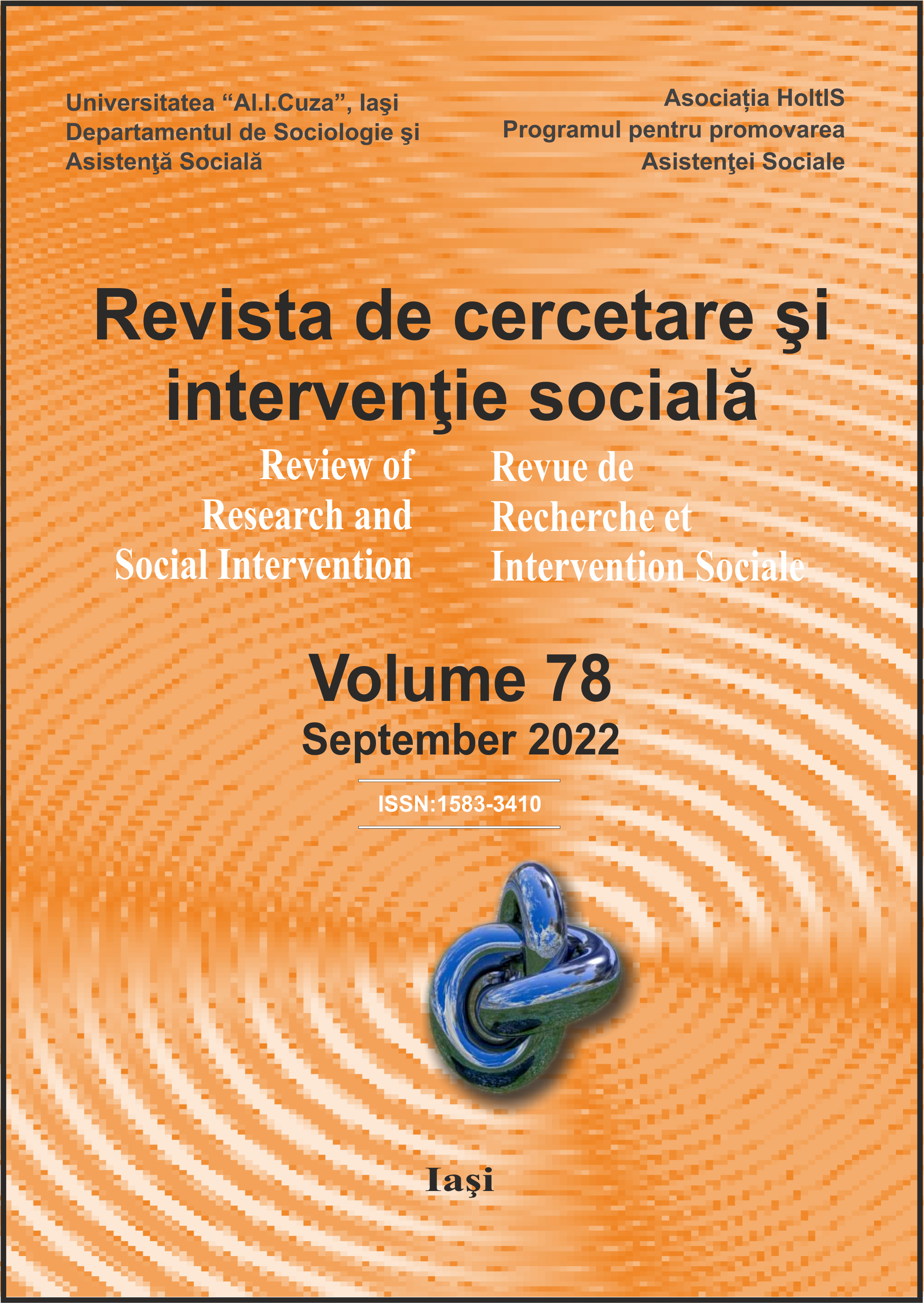High School Students’ Attitudes towards Migrant Youth
High School Students’ Attitudes towards Migrant Youth
Author(s): Ruth Vilà Baños, Assumpta Aneas Álvarez, Angelina Sánchez Martí, Montserrat Freixa NiellaSubject(s): Social Sciences, Sociology, Higher Education , Applied Sociology, Sociology of the arts, business, education, Migration Studies, Inclusive Education / Inclusion
Published by: Expert Projects Publishing
Keywords: immigration; migrants; unaccompanied youth; attitudes; prejudices; secondary-school students; secondary education;
Summary/Abstract: The appearance of unaccompanied migrant minors in our communities and the impact they have had on Spanish society, and vice-versa, is a phenomenon of outstanding educational importance, as it has brought into public awareness issues such as child vulnerability and focused our attention on the legal, social and educational policies and resources that are meant to materialise an inclusive, democratic and just society. Around these young people, mainly from the Maghreb and therefore identified with Islam, society has created an image that serves to bolster many Islamophobic, xenophobic and racist discourses emanating from the media and the ideologies of Spanish far-right political parties. This is achieved by generalising the criminal conduct of some migrant youths, by depersonalising them as human beings and by linking news about them to vicarious emotions such as mistrust and the feeling of menace. Recognising the importance of this phenomenon, in this article we present the results ofsstudy aiming to identify and analyse the main stereotypes, attitudes and prejudices that Barcelona secondary-school students have towards unaccompanied migrant minors (MENA in their Spanish initials). To this end a questionnaire based on the Overcoming Prejudice Scale (Etxeberria, Murua, Arrieta, Garmendia & Etxeberria, 2012) was administered. Our findings showed that high-school students hold certain prejudices and stereotypes that should be tackled in order to promote the integration and inclusion of unaccompanied migrant minors and to ensure a culture of peace among young people. The appearance of unaccompanied migrant minors in our communities and the impact they have had on Spanish society, and vice-versa, is a phenomenon of outstanding educational importance, as it has brought into public awareness issues such as child vulnerability and focused our attention on the legal, social and educational policies and resources that are meant to materialise an inclusive, democratic and just society. Around these young people, mainly from the Maghreb and therefore identified with Islam, society has created an image that serves to bolster many Islamophobic, xenophobic and racist discourses emanating from the media and the ideologies of Spanish far-right political parties. This is achieved by generalising the criminal conduct of some migrant youths, by depersonalising them as human beings and by linking news about them to vicarious emotions such as mistrust and the feeling of menace. Recognising the importance of this phenomenon, in this article we present the results of a study aiming to identify and analyse the main stereotypes, attitudes and prejudices that Barcelona secondary-school students have towards unaccompanied migrant minors (MENA in their Spanish initials). To this end a questionnaire based on the Overcoming Prejudice Scale (Etxeberria, Murua, Arrieta, Garmendia & Etxeberria, 2012) was administered. Our findings showed that high-school students hold certain prejudices and stereotypes that should be tackled in order to promote the integration and inclusion of unaccompanied migrant minors and to ensure a culture of peace among young people.
Journal: Revista de Cercetare şi Intervenţie Socială
- Issue Year: 2022
- Issue No: 78
- Page Range: 72-86
- Page Count: 15
- Language: English

